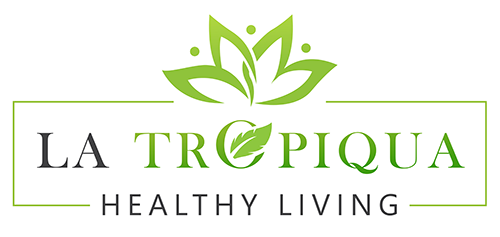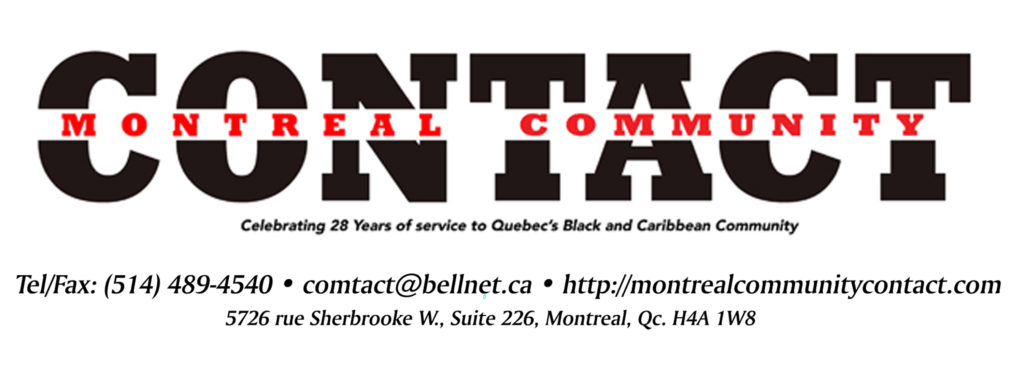
Many of you have often heard that eating too late will result in weight gain. I must admit, I’m well known for eating late, or what most people would call late (8:00 pm). Especially on those long, busy days.
I’ve tried on many occasions to eat earlier, however, my issue is, as I have breakfast/lunch later, I’m often not hungry when 5:30 pm or 6:00 pm rolls around. I’m not a breakfast person, have never been. Just thinking of eating early in the morning makes me rather queasy. Therefore, by the time that I feel like eating, it’s often almost lunch time. Some people would say that breakfast is the most important and largest meal of the day, hence the reason for the saying ‘eat breakfast like a king, lunch like a prince and dinner like a pauper.’ However, for me, I combine breakfast and lunch, often a nice bowl of oatmeal and fruits. Which keeps me full for hours.
All to say, this is the reason I eat late. This works for me, however, may not work for many people, but that’s alright. We’re all different. An important part of finding and maintaining healthy eating habits over the long-term is finding what works best for your personal needs and lifestyle. However, I digress. The latter topic is for another time.
Let’s get back to the question at hand. Does eating late result in weight gain? It’s not a straightforward answer. For years, there has been varying schools of thought about this, many based on animal studies. Some researchers hypothesized that eating late goes against our natural body rhythm. They call it the ‘circadian rhythm, a 24-hour cycle that tells your body when to sleep, eat and wake.” Based on this theory, your body is made to rest at nighttime, not eat. You’re probably thinking, what about people who work at night? Read on.
Other researchers theorized that your body stops burning calories when you sleep, as such, those extra calories eaten are stored as fat (The former is a misconception, we’re burning calories all the time; a person weighing about 150 pounds could burn almost 50 calories an hour). Yes, once your body uses the calories consumed for the energy that it needs, the remaining not burned off, are stored mostly as fat.
Perspectives on this topic has been changing over the past couple of years though. Studies done on humans are realizing that it not necessarily about when we eat, but it is the number of daily calories consumed that matter – notwithstanding when we eat it. Once you consume beyond your daily calorie needs, that is when you gain weight. Particularly if the consumption of extra calories become a habit.
The thing is, many of us tend to practice these unhealthy eating habits, such as distracted eating at night. I’ve talked about distracted eating before. For example, while watching television – consuming an entire bag of chips and only realizing it once the bag is empty. The next thing you know, you’ve exceeded your daily caloric intake, with a not so healthy food choice.
While eating a large meal just before bed is not ideal. If you’re really feeling peckish and need a late-night snack, it is alright, in fact many experts even encourage you to eat something. Simply remember to remain within your daily calorie limit* and choose healthy options. Choose for foods that could even keep you satiated until later the next morning. This means a combination of protein, healthy fats and fibre – that keep you full longer.
The following are a few healthy examples, many great sleep aids (e.g. they contain tryptophan found in dairy products, melatonin, serotonin, potassium and magnesium, to help you to relax and sleep better).
- Apple or small banana, with low salt, sugar-free almond butter: A tablespoon of almond butter
- Crackers and cheese: About 4 whole-grain crackers and a piece of cheese (28 grams- about the size of your thumb)
- Whole grain cereal, such as oatmeal: 3/4 cup of cooked oatmeal, with milk
- A small handful of mixed nuts
- A hardboiled egg
- Fruits and Greek yogurt: For example, a cup of cherries (which contain natural melatonin); this is my favourite. I have it with about half cup of Greek yogurt, sprinkled with a few almonds for crunch.
- Whole grain wrap with hummus or nut butter: 6-inch whole grain tortilla, topped with a tablespoon of hummus, roll, and enjoy.
I would love to hear your thoughts about healthy living. Please take 2-3 minutes to complete this questionnaire: https://www.surveymonkey.com/r/CFVSBCT.
Have questions on how you can eat healthier or about healthy living in general? Share them with us. Some will be answered here. Send your questions to: info@latropiqua.ca.
*In terms of daily calorie limit, the needs of individuals vary based on gender, age, height, size, overall health, and one’s level of activity. On average, adults and youth (people aged 13 and older) require about 2,000 to 2,400 calories per day. Children an average need about 1,500.



